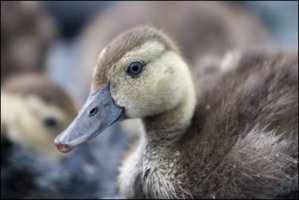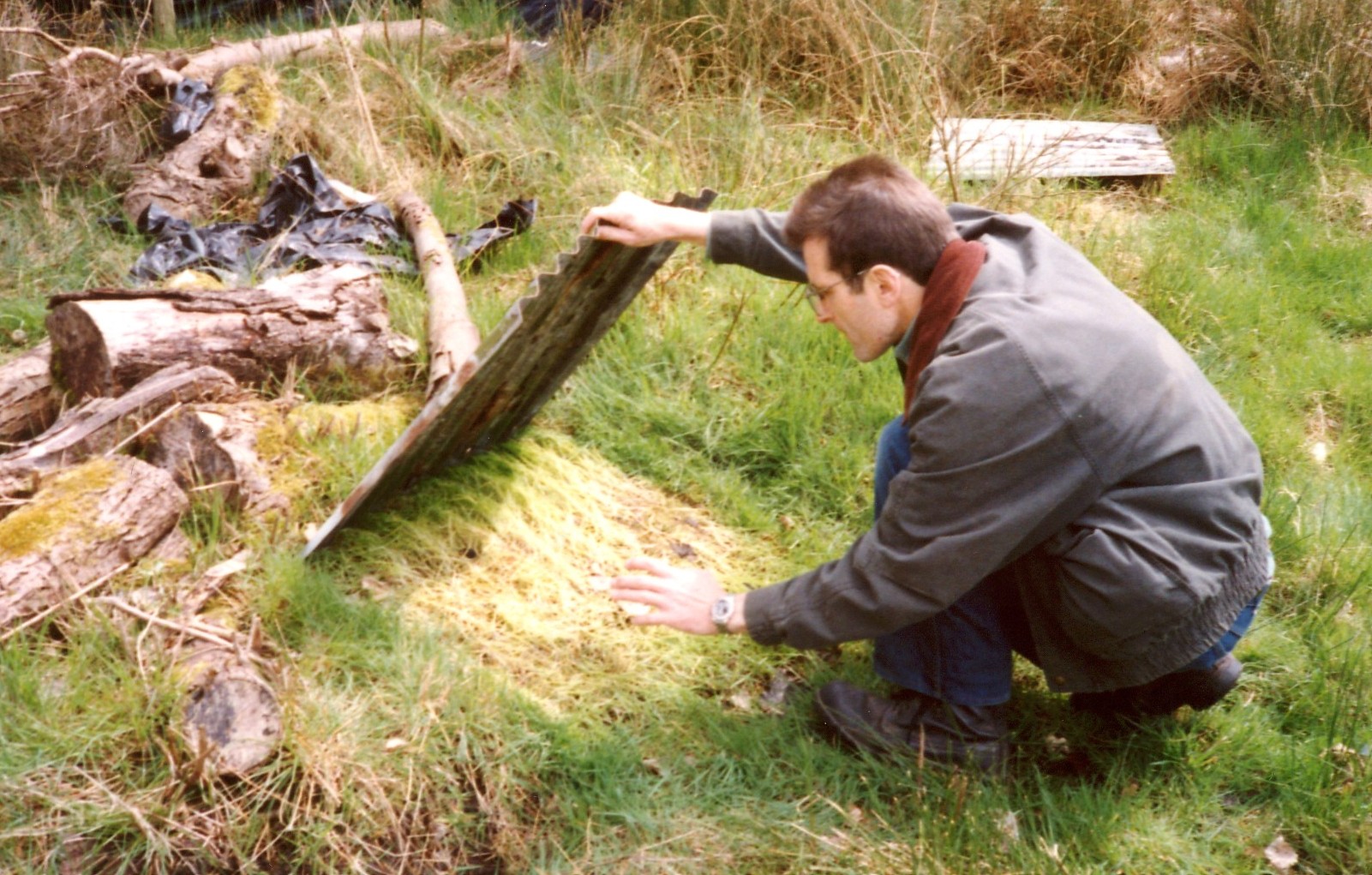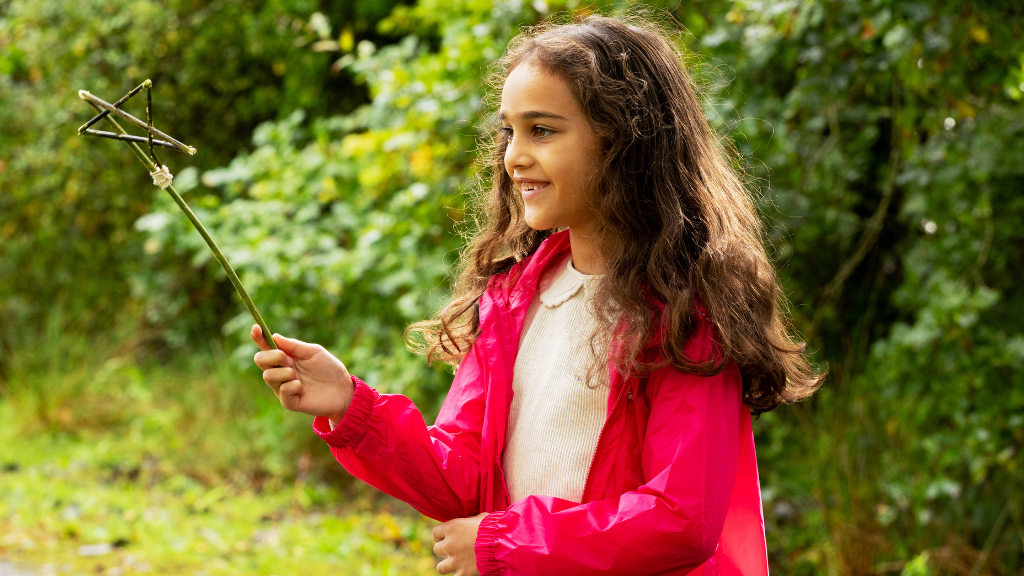Saving the world’s rarest duck and other wetland wildlife tales

Saturday 5 and Sunday 6 March, 2011
In July 2009 an expedition to Madagascar confirmed that there were just 20 Madagascan pochards left in the wild and only six of those were female. The Wildfowl & Wetlands Trust (WWT) teamed up with Durrell Wildlife Conservation Trust, The Peregrine Fund and the Government of Madagascar to establish a conservation breeding programme for the ducks with the hope of reintroducing them back into the wild.
Last year the partnership managed to establish a safety-net population of these beautiful ducks that have glossy chestnut plumage and white eyes. With minimal disturbance to the adult ducks the team was able to remove three clutches of eggs from wild nests and have since reared 23 ducklings in a temporary facility.
To celebrate the success of the project WWT London Wetland Centre is hosting a "World wetlands weekend" with a series of talks that focus on wetlands and the wildlife that inhabits them.
WWT’s Head of Species Recovery, Peter Cranswick, will be coming to WWT London Wetland Centre to talk about the problems encountered during the conservation project to save the Madagascan pochard from extinction, including electrical storms, customs delays and collapsing bridges. This exhilarating talk about the
race against time to save world's rarest duck is one of the “World wetlands weekend” events that also includes a talk on the globe's biggest wetland and a guided walk with a focus on 'wetland woods'. Whatever your level of interest in wildlife you will find these talks both fascinating and informative.
Matt and Will Burrard-Lucas use teamwork to capture striking images of wildlife such as their pictures of pink hippos that featured in the press last year. In "Pantanal and other adventures" they'll be talking about one of their favourite places for wildlife photography. A vast wetland, reaching from Brazil into Bolivia and Paraguay, the Pantanal is home to beautiful and rare creatures such as the giant anteater, jaguar and giant river otter. Following their talk Will and Matt will lead a photo-walk at London Wetland Centre.
If you prefer a more active event join a guided walk to explore how wetlands can turn into woodlands over time. The "wet woodland walk" takes in reedbeds and trees, the plants and animals that rely on them and explains how humans have used materials from these habitats over the centuries. Among the alders, willows and poplars you are likely to hear birds such as Cetti's warblers and spot species like tits and finches. Plants include Phragmites (the common reed), rushes, sedges and hedgerow species such as blackthorn, dog rose and guelder rose.
Adrian Davis has managed National Nature Reserves in Scotland and he's currently involved in the "Wildcat Haven" project in the Ardnamurchan peninsula. Adrian will be talking about Scottish wetland habitats and the birds and mammals - such as otters - which rely on them. Now an ecological consultant and a wildlife guide he has special knowledge of the Scottish peatlands including the Caithness and Sutherlands wilderness areas which are the home of rare species such as red and black throated diver.
Saturday 5 March
12 noon "How we saved the world's rarest duck from extinction" - Peter Cranswick, WWT
2.30pm "Wet woodland walk"
Sunday 6 March
12 noon "Scottish wetland wildlife" - Adrian Davis
2.30pm "Pantanal and other adventures" - Matt and Will Burrard-Lucas
The talks and walk are free with admission to the Centre.



